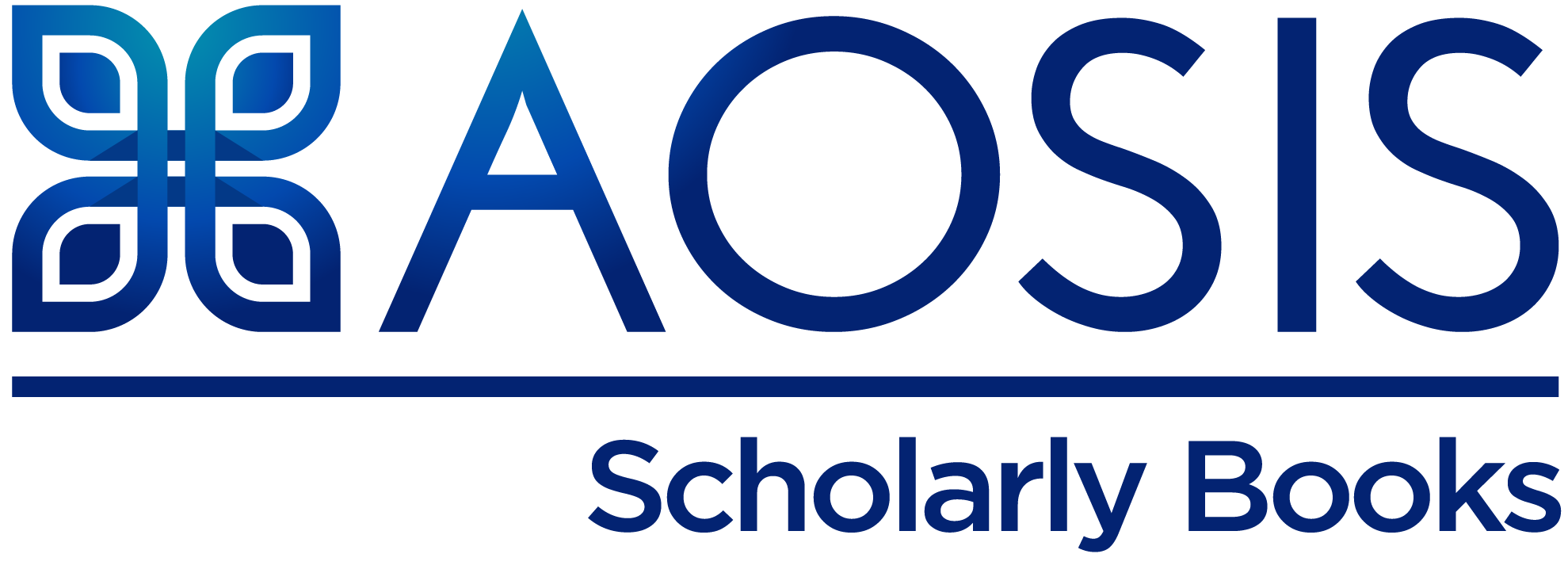Books
- Home
- Editorial Teams

- Catalogue
- Series

- An Earthed Faith
- BRICS Education
- Center for Local Economic Development
- Disruptions in Education
- HTS Religion & Society
- Human Functioning, Technology and Health
- Knowledge Pathing
- NWU Education and Human Rights in Diversity
- NWU Self-direction Learning Series
- Opening Eyes
- Reformed Theology in Africa Series
- The Built Environment in Emerging Economies
- The future of International trade and development
- Water Security and Climate Adaptation in Southern Africa
- Author

- About
- Indexing & Archiving

- Connect
- News

- Login
- Register
My Dashboard
New Proposals












